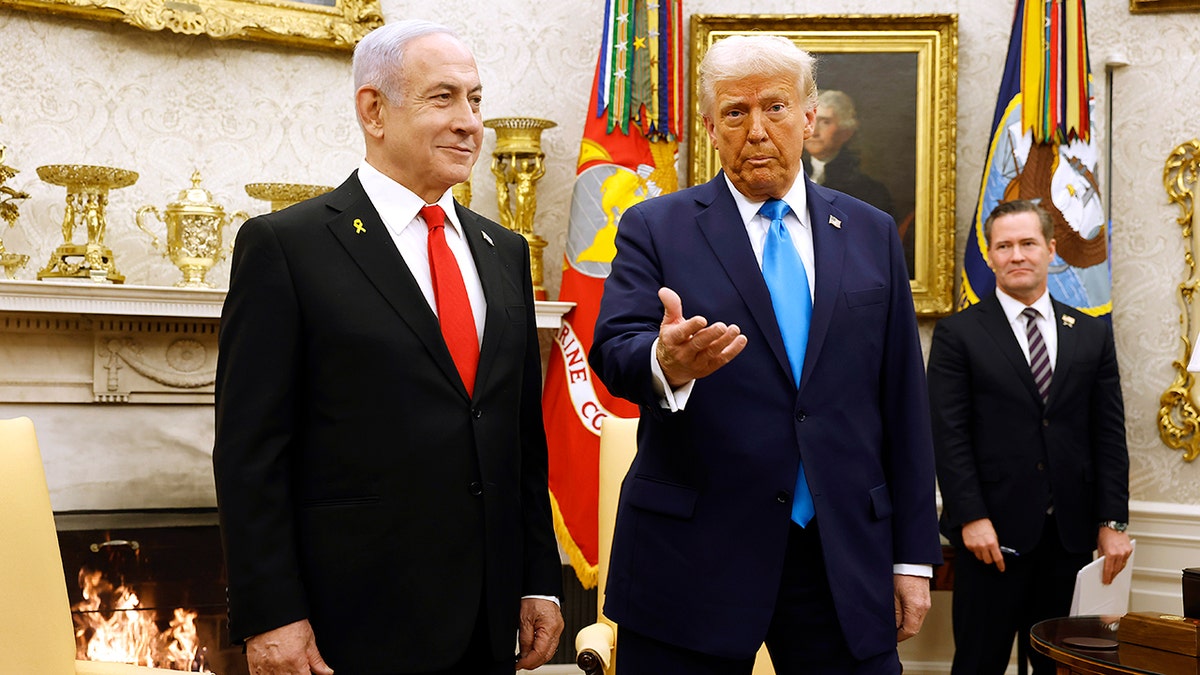Federal court keeps protections in place while facts shift on child repatriations
A federal judge in Washington extended temporary measures shielding Guatemalan children in U.S. custody from deportation, keeping the pause in place through September 16. Judge Timothy J. Kelly said the short extension allows time to review a fluid factual record after the government adjusted its representations at a September 10 hearing. The order affects unaccompanied minors housed in shelters and foster care under the Office of Refugee Resettlement.
A rushed operation meets a legal roadblock
Over Labor Day weekend, the administration moved to repatriate dozens of unaccompanied Guatemalan children. Officials initially identified 457 children for possible return, later narrowing the list to 327. Contractors transported youths to airports in Texas, and 76 reportedly boarded planes in El Paso and Harlingen before the court halted the plan.
Competing obligations, child welfare and border enforcement
The government argues it may return children in its care and says Guatemalan authorities raised concerns about minors nearing 18 who could be transferred to adult detention. Advocates contend the effort sidestepped protections designed to prevent returning children to dangerous situations. The Office of Refugee Resettlement typically places unaccompanied minors with vetted sponsors, usually relatives, after shelter care. Balancing due process with border integrity remains essential to avoid both legal setbacks and humanitarian risk.
Broader litigation and next steps
Kelly had previously granted a 14 day restraining order, now prolonged by three days, while the court considers longer term relief. Advocates are seeking wider protections as reports emerge that Honduran children could be affected. Related temporary restraining orders in Arizona and Illinois cover narrower groups than the Washington case, and further rulings are pending.
A prudent path that serves U.S. interests
Protecting minors and enforcing immigration law are not mutually exclusive. A deliberate approach grounded in clear procedures, robust screening, and transparent coordination with Guatemala and other partners will deter smuggling, preserve the rule of law, and support regional stability. Sudden mass transfers risk errors, undermine public confidence, and strain bilateral ties. Congress should modernize statutes governing unaccompanied minors so agencies can act lawfully and humanely, reinforcing U.S. credibility and the security of our border.





